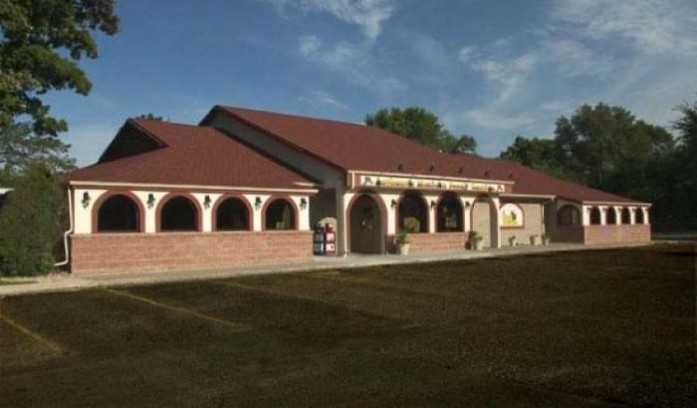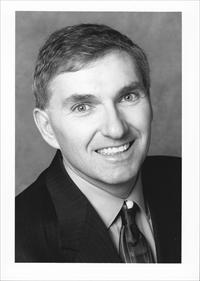David Schultz on Risk Management for Nonprofits
November 2nd, 2014
Risk Management for Nonprofits
David Schultz, Hamline Professor
Tuesday, November 11, beginning at 6 p.m.
2918 North Service Drive, Red Wing, MN
Free and open to the public
Bring your appetites to learn and for Mexican food (cost on you)
I first became aware of David Schultz’s expertise in nonprofit fiduciary responsibility when I read his op ed in the STrib when the misdoings of Community Action of Minneapolis came to light. This was a major issue recently on the Mpls. yak-yak list, and reminded me of several experiences I’ve had on various Boards, and in nonprofits and others, and have unfortunately seen in other community and client boards as well. After reading his commentary, the tip of the iceberg of information that a board member needs to know, I extended an invitation to Schultz to come to Red Wing for area nonprofit board members and anyone interested on learning about what it means to be a member of a Board. A big thanks to David Schultz for his willingness to come to Red Wing and share his expertise.
After sending preliminary info out, a board member from another Red Wing organization contacted me and said, “Is the presenter the same David Schultz who appears on Almanac as a political analyst? If so, he’s one of the best!” Yes, indeed he is! One of her board had brought Schultz’s STrib piece to their last board meeting, and they’re ramped up and ready to go. There’s a need here — let’s get informed!
Here’s Schultz’s view on Board responsibility and the Community Action case:
Nonprofit boards are no place for light duty
Being a board member is an active task, not for the faint of heart. There is a duty to show up — to assure the operation has adequate funding, that members be informed, and if there are problems, to stand up and correct the problems. Here’s the pamphlet from the Office of the Minnesota Attorney General on Board Fiduciary Responsibility.
Schultz is a Professor at Hamline and has a C.V. that shows he’s got intense experience in many areas, far beyond the political analysis and issues I’d known about. His work teaching and training for nonprofits is part of a wide ranging career including housing issues (just ordered a copy of his book “Evicted!” on eminent domain) and ethics.
And, yes, David Schultz is coming to Red Wing! Join us at Fiesta Mexicana, for “Risk Management for Nonprofits.” Tuesday, November 11, starting at 6 p.m.

From the STrib:
Nonprofit boards are no place for light duty
In the case of Community Action of Minneapolis, oversight broke down at personal, internal and external levels.


November 12th, 2014 at 11:42 am
I learned a lot from this presentation. A key point is that one should not agree to be on a board without knowing the responsibilities and taking them seriously. (Are you listening, board members of “CETF”?)
Thanks, Carol, for setting it up